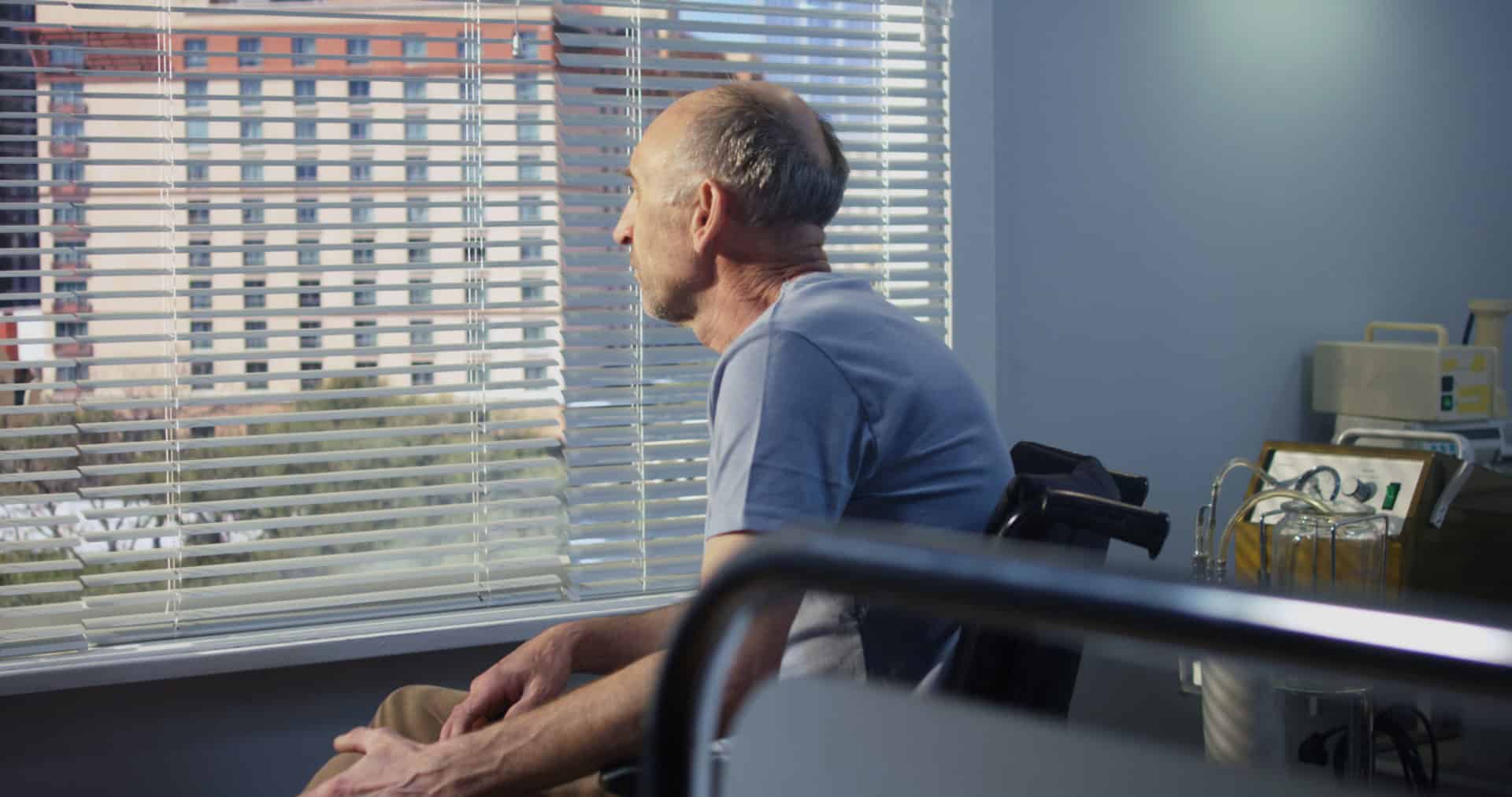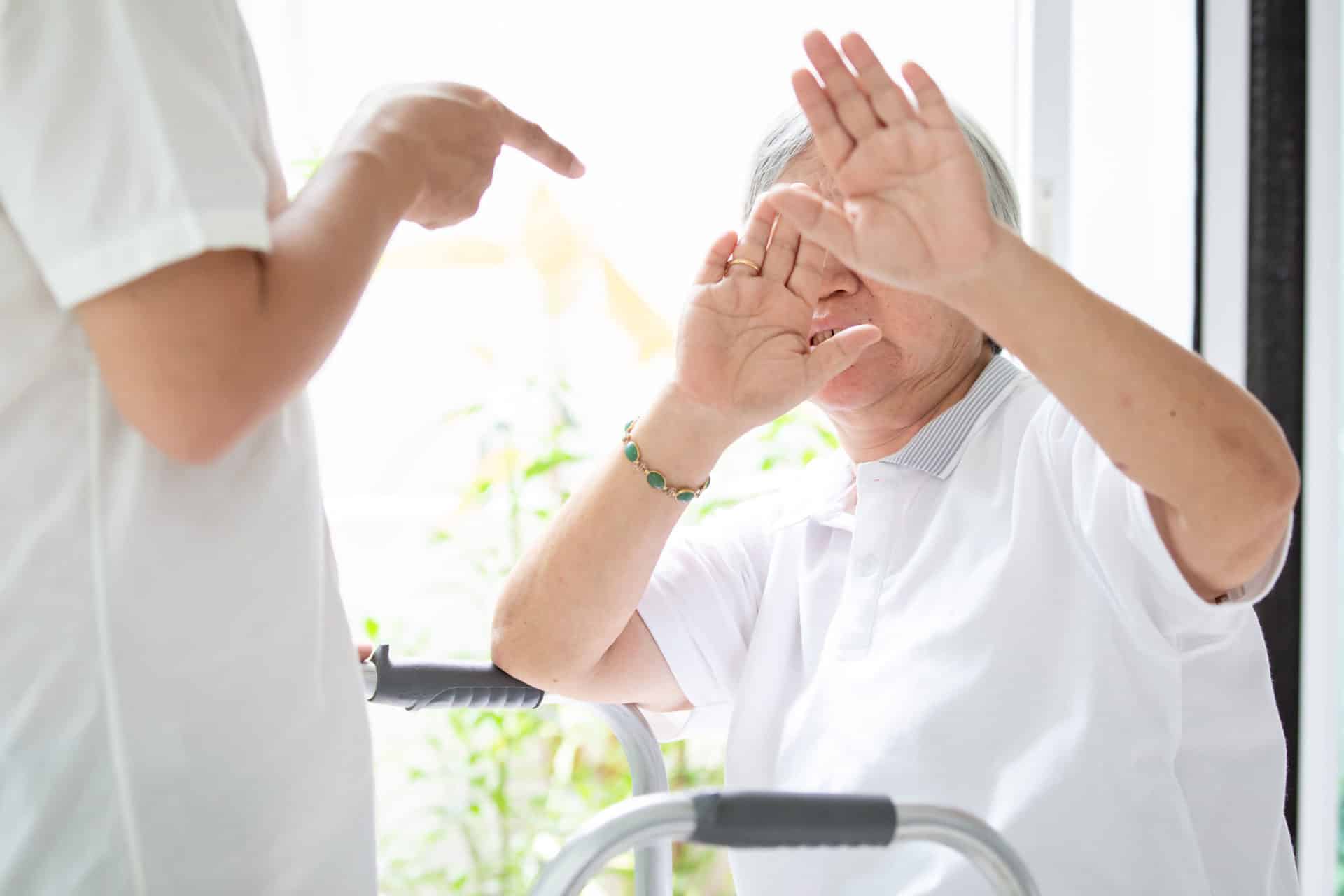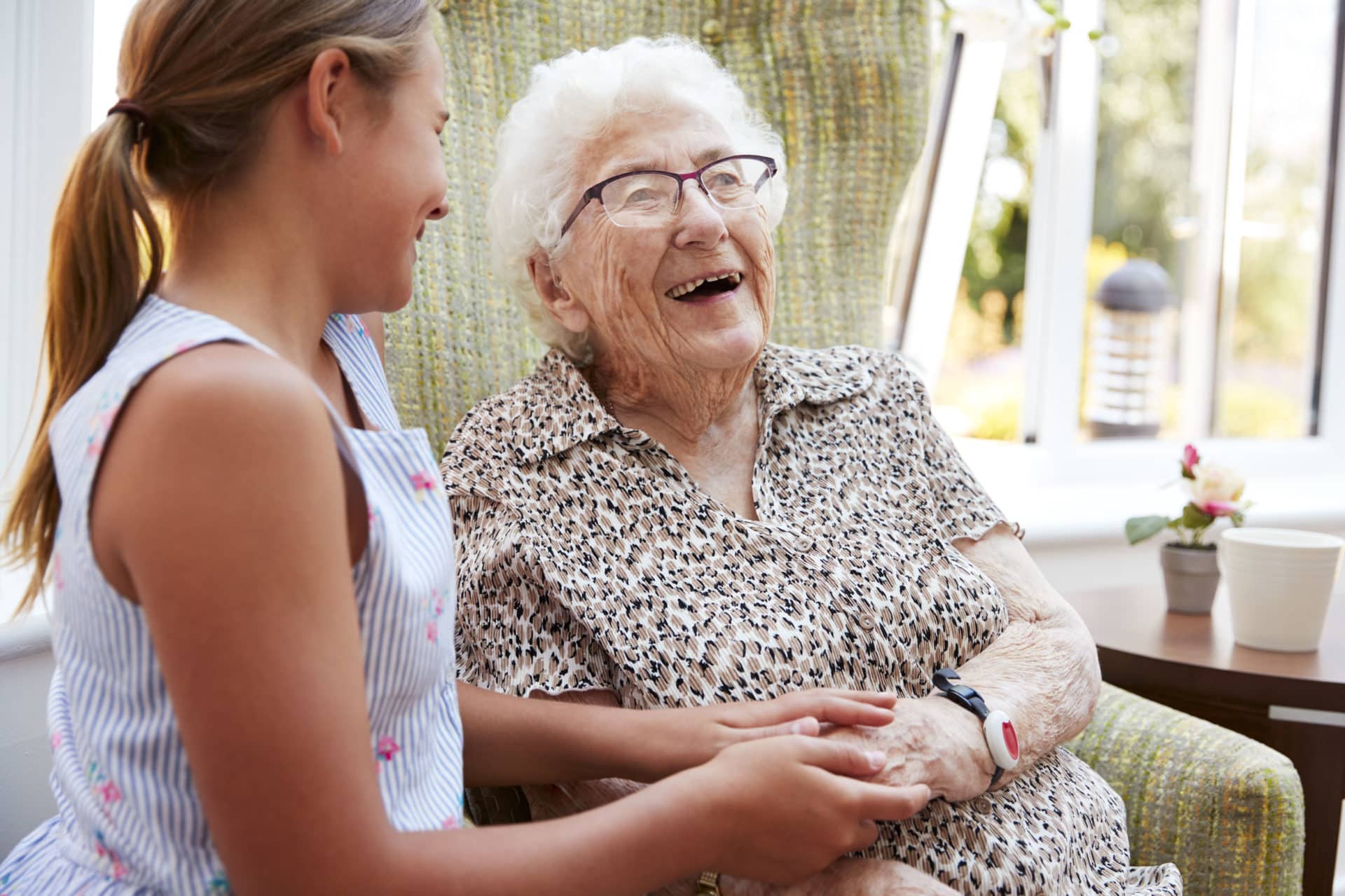
As the aging population has rapidly increased, so has the amount of abuse in nursing homes. In fact, “nursing home abuse” has been applied to so many different scenarios it often winds up meaning nothing at all.
So then what qualifies as nursing home abuse? Neglecting patients? Willfully harming them? Or does it involve taking financial advantage of elderly residents and their families?
Defining Nursing Home Abuse in New York
A nursing home is a private living facility that provides day-to-day healthcare for its residents, most of whom are elderly. Abuse in these facilities can be physical, emotional, mental, sexual, or even financial harm, and it happens all too often.
Physical Abuse
Physical abuse can be caused by either intentional actions or patient neglect. Physically hitting or purposely attacking a resident is obviously physical abuse.
Excessive restraint, withholding or administering medications inappropriately, or refusing to treat a medical issue qualify as physical abuse, too.
Even neglecting a patient to the point that it results in physical injuries (such as bedsores for avoidable falls) counts.
Emotional Abuse
Many patients in a nursing home are already in a fragile state, and unfortunately, some staff will take full advantage of this.
Instances of emotional abuse can include words and actions intentionally causing anxiety, depression, worthlessness, fear, or other negative emotions in a patient.
Emotional abuse extends to intentional acts of avoidance, too, like ignoring a patient’s request or an expressed need for something.
Financial Abuse
Individuals in nursing homes are prime targets for financial abuse due to their dependent state. Financial abuse is any improper use of a patient’s fiscal assets.
This could mean stealing their credit card information, cashing their social security checks, or even having the patient pay for medical treatment that is not needed or never rendered.
Sexual Abuse
Sexual abuse is unfortunately yet another common form of abuse seen in nursing homes. This doesn’t have to include physical contact (although often it does).
Sexual abuse can be one of the most difficult situations to identify and deal with simply because many patients do not feel comfortable or safe reporting the situation.
Warning Signs of Abuse in NY Nursing Homes

Clearly, a broken bone or a visible bruise or laceration is a sign of ongoing abuse.
You should also pay close attention to the behavior of patients as well as staff if there is any inkling at all that abuse in any form may be occurring.
Shifty or Suspicious Behavior from Staff Members
If staff is hesitant or vague when answering simple questions about the patient, that could be a warning sign that they are hiding some form of abuse.
Additionally, if the staff makes it difficult for loved ones to visit a patient, that could signal something is wrong.
Your Loved One Acting Out of Character
You know your loved one best. If they’re acting out of character, do a gut-check.
Whether they seem more distracted than usual, perhaps overly humorous, or much quieter than usual, they may be trying to hide some form of abuse that they are enduring.
Physical Signals of Abuse
Beyond the obvious, like bruises or broken bones, physical signs of abuse and neglect include rashes or skin sores, dehydration, frequent hunger, and similar signs.
Also note, that physical abuse is often perpetrated on areas of the body that remain hidden or covered. If possible, these areas should be double checked for any signs of foul play as well.
Missing Assets
Financial abuse is another difficult one to identify until serious damage has occurred. Sudden changes in address for bank statements, payments, or other financial documents could be a major red flag.
What New Yorkers Can Do
It is estimated that in New York, 1 in every 13 older adults has been a victim of elder abuse within the past year.
To help prevent your loved one from suffering the same fate, there are three steps you can take. Be informed. Be aware. And when you see something, say something.
Be Informed
Education is the first step in changing these horrific statistics and preventing nursing home abuse. This means understanding and being able to identify different kinds of abuse. Also, be aware of the nursing home’s policies and procedures, and get to know the staff.
Be Aware
Pay attention to clues in the facility and with patient interactions that might be warning signs of some level of abuse. Don’t let anything out of the ordinary go unquestioned.
Frequent or worsening bedsores, complaints of hunger, a change in patient personality, or unexplained medical procedures are all reason for inquiry.
Say Something
If you’re concerned about a patient in a nursing home, don’t be afraid to say something. Do keep in mind that this patient is in the care of staff, so be cautious about how you present your concerns to the facility.

The individuals who reside in our nation’s nursing homes are some of the most vulnerable members of the community.
It’s important to know what nursing home abuse looks like so that it can be prevented and dealt with when necessary.









